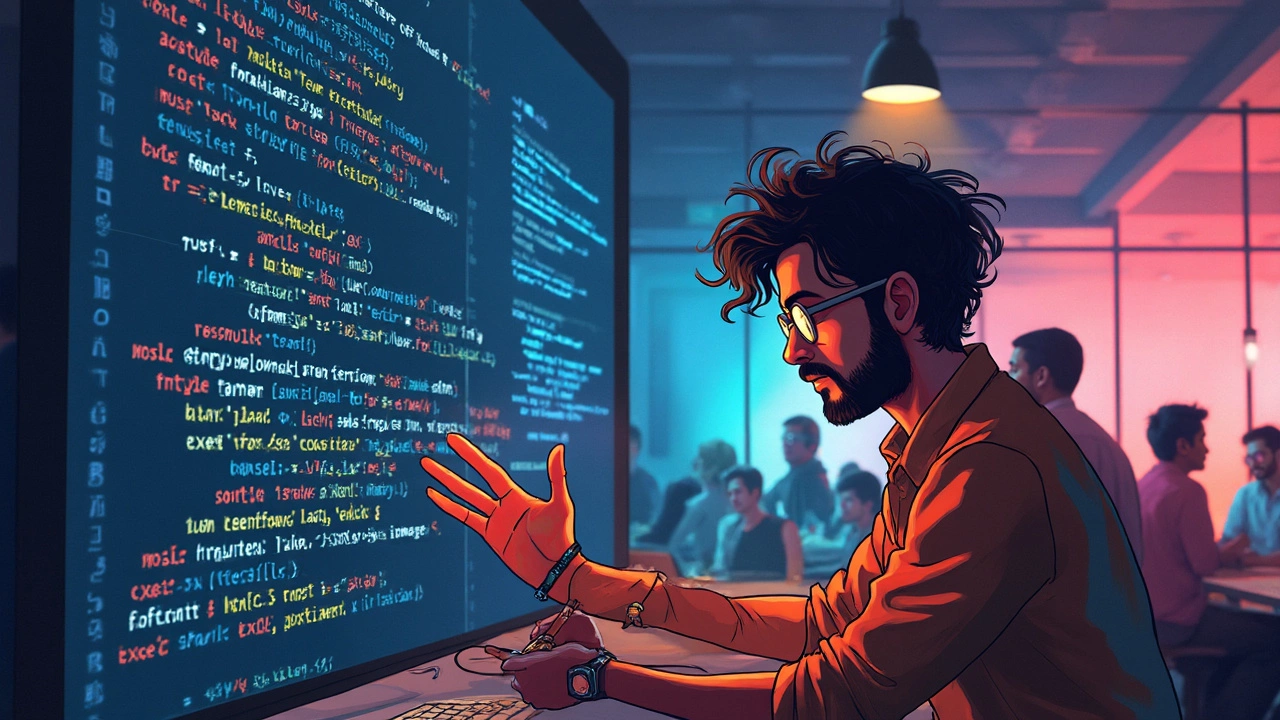
Toughest Programming Languages – What Makes Them Hard and How to Tackle Them
Ever tried writing code that felt like solving a puzzle in a foreign language? You’re not alone. Some languages are famous for their steep learning curves, confusing syntax, or mind‑bending concepts. In this guide we break down why certain languages are considered tough, what you’ll actually face when you start, and simple steps to keep from pulling your hair out.
Why Some Languages Feel Like a Maze
First off, difficulty isn’t magic – it’s usually a mix of four things: low‑level control, unconventional syntax, abstract concepts, and limited community resources. Low‑level languages like C or Assembly let you talk directly to hardware, which is powerful but forces you to manage memory, pointers, and registers yourself. Miss a single semicolon or allocate memory wrong, and the program crashes in a way that’s hard to debug.
Next, look at syntax. Languages such as Perl or Haskell use symbols and patterns that feel alien if you’re used to Java‑style curly braces. Haskell’s pure functional approach, for example, replaces the familiar “do this, then that” with immutable data and lazy evaluation, concepts that take time to click.
Practical Tips to Get Past the Pain
Don’t jump straight into a big project. Start with tiny, focused exercises that target the tricky part you’re learning. If pointers are your nightmare, write a program that swaps two numbers using only pointer arithmetic. If monads in Haskell scare you, build a simple "Maybe" type and experiment with chaining functions.
Use the right learning resources. Official documentation is gold, but it can be dense. Look for beginner‑oriented tutorials, video walkthroughs, or community forums where people ask the same "why does this error happen?" questions you have. Stack Overflow, Reddit’s r/learnprogramming, and language‑specific Discord servers are great places to get quick help.
Practice debugging early. Turn every compile error into a learning moment: read the error line, locate it in your code, and ask yourself why the compiler complains. Over time you’ll recognize patterns and stop feeling stuck.
Finally, pair up. Find a buddy who’s also learning the same language or join a study group. Explaining a concept to someone else forces you to solidify it in your own mind, and you’ll pick up shortcuts you might miss on your own.
Remember, the toughest languages are not impossible – they’re just the ones that push you to think differently. Mastering them expands your problem‑solving toolbox and makes other languages feel easier by comparison. So pick one, follow the small steps above, and soon you’ll be writing code that once seemed impossible.
